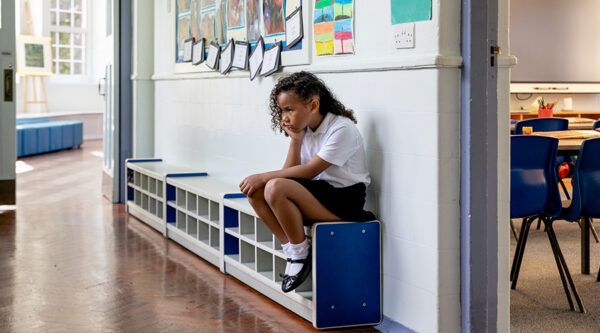

February 2025 has brought further government proposals to put in place recommendations of the Independent Inquiry into Child Sexual Abuse (“IICSA”).
The latest recommendations the government are looking to implement relate to:
- The removal of the limitation period for making a civil child sexual abuse claim
- The reversal of the burden of proof for these claims
- Reform to the law of apologies to make it easier for organisations to make genuine and meaningful apologies to victims.
These proposals follow a consultation period which involved the input of a number of stakeholders. It comes hot on the heels of the government’s announcement in January to introduce mandatory reporting of abuse as part of the Crime and Policing Bill, which is also an IICSA recommendation. We explore this and other reforms in our January 2025 article.
Below, we consider each of the reforms the government intends to introduce into parliament later this year. Please note that these proposals are still at a very early stage, so the details are not yet known.
Removal of the three-year statute of limitations
Currently, civil child sexual abuse claims must be brought within three years of turning 18, unless victims and survivors can prove a fair trial can proceed despite the time lapse.
The IICSA’s final report highlighted that the current regime is not designed with the needs of victims and survivors in mind, as it can take years, if not decades, for victims and survivors to feel able to discuss their abuse. This means very few claims are currently brought before the expiration of the limitation period.
Recognising this, the government intends to remove the three-year limitation period for all civil child sexual abuse claims brought by victims and survivors.
The exceptions to this relate to:
- Where a fair hearing cannot take place, for example due to lack of evidence
- Claims brought on behalf of victims and survivors’ estates
- Claims that have been dismissed by a court or settled by agreement.
This proposal makes clear the government’s intent that victims and survivors of child sexual abuse should not have to suffer the further injustice that a limitation period may impose.
Reversal of the burden of proof
At present the onus is on victims and survivors to satisfy the court that a fair hearing would be possible despite a passage of time. Whilst courts currently have the discretion to allow ‘late’ claims to proceed, the IICSA stressed that requiring victims and survivors to justify any delay in bringing their claims adds a further and unnecessary burden to what is already a difficult process.
The government intends to deliver on the IICSA’s recommendations and confirmed that primary legislation will be introduced to shift the burden of proof in child sexual abuse cases from the victims and survivors to the defendants. This would mean an action will proceed unless the defendant can prove that:
- The passage of time has created an unfair trial
- They would be substantially prejudiced if the action were to proceed
- Or both of the above.
This proposed reform would enable cases to be heard more easily and protect victims and survivors from having to relive their trauma.
Amending the law of apologies
The IICSA’s final report highlighted the value that a genuine and meaningful apology can hold in providing accountability and justice for victims and survivors. The report found that many felt a sincere apology from the institutions, bodies and individuals that they see as responsible for their abuse is more important than compensation.
Currently, organisations are often reluctant to apologise due to fear of institutional liability and insurers interpreting it as an admission of fault, meaning many victims and survivors are prevented from receiving the closure they seek.
The government, by means of primary legislation, intends to amend the law to make clear that an employer offering an apology for the actions of current or former employees does not represent admitting liability in a wider range of cases.
This proposal intends to reduce uncertainty over the distinction between apology and admission of liability. It’s hoped that victims and survivors will be more likely to receive apologies from institutions like schools, care facilities or hospitals for abuse by present or past employees.
The apologies legislation will not be retrospective, nor will it apply to all types of civil litigation or regulatory disputes, including public inquiries or defamation cases.
The proposed reforms will require primary legislation, and a committed timeframe has not yet been provided. We will of course provide further updates as the implementation of these IICSA recommendations and others progress.










